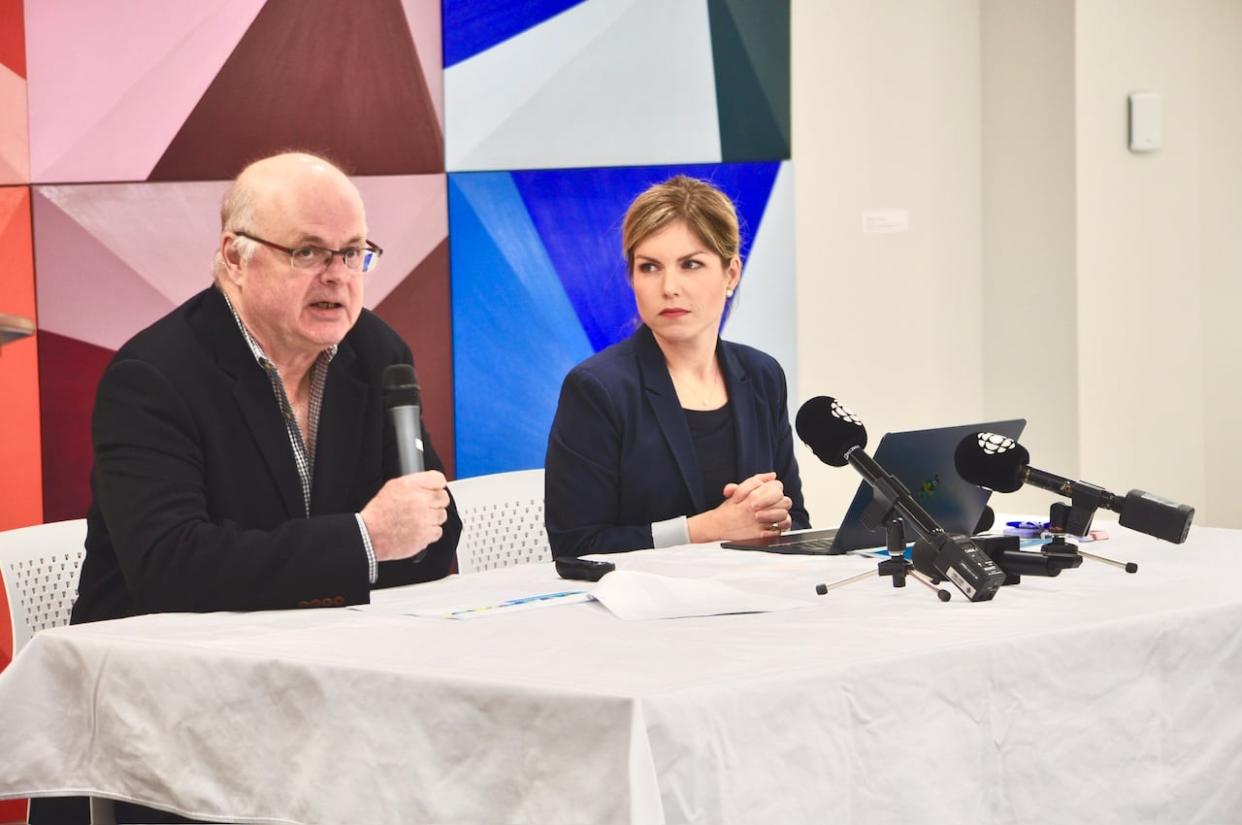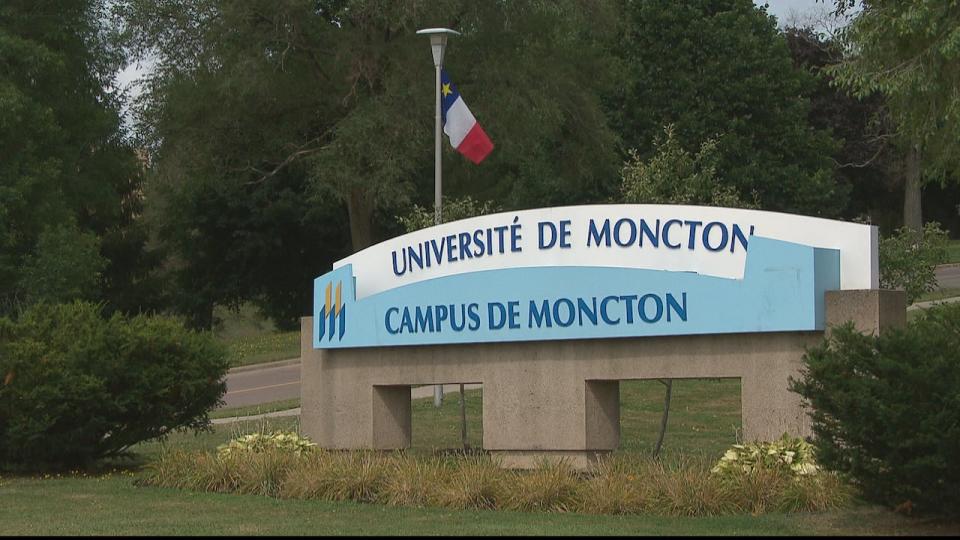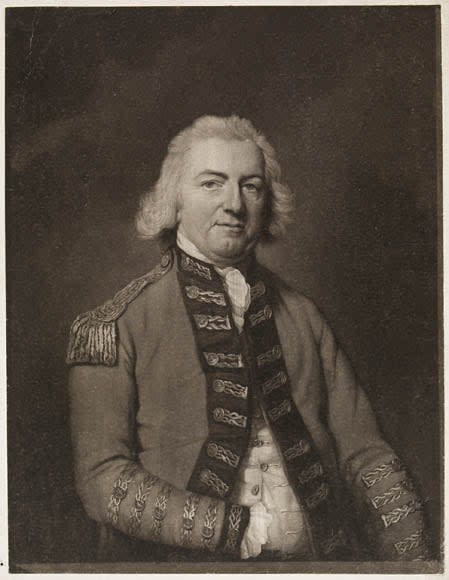Université de Moncton name change could cost nearly $4.6M

A report ordered by the Université de Moncton estimates it would cost about $4.6 million to change the institution's name and could create budgetary pressures.
The review comes after renewed calls by Acadian groups to rename the school as it celebrates its 60th anniversary this year. The university was named after the city — which was named for Robert Monckton, an 18th-century British military figure who was involved in the deportation of Acadians.
On Friday, political scientist Stéphanie Chouinard and historian Maurice Basque revealed a 52-page report on the possibility of changing the name. Earlier this year, the university's board of governors tasked them with examining the political, social, legal and economic aspects of the issue.
The report examined case studies of historical name changes at other post-secondary institutions in the U.S. and Canada, including Toronto Metropolitan University, Utah Tech University and the University of Mississippi. It looked at the processes used to make a decision, costs and economic implications.
Chouinard, a professor at Queen's University and the Royal Military College of Canada, said the institutions considered three primary approaches: keeping the original name, choosing a new name, or re-contextualizing the name.

The report was presented at the Université de Moncton on Friday and will now be reviewed by the board of governors. (Nicolas Steinbach/Radio-Canada)
One of the risks, Chouinard said, is losing name-recognition or "discoverability" when potential students are searching for the university online. She said during the start of the name change at Toronto Metropolitan University, people searching "Ryerson" were not being redirected.
"They noticed there were some missed opportunities in terms of students who possibly were looking for a program they offered, but in their searches, their institution for the first six months following the name change, simply did not appear in their searches," she said.
However, Chouinard said the advantage for Université de Moncton is that the school is well-known in its community.
"The furthest you get away from Moncton, the higher the risk becomes, is essentially what we can translate from what we've heard on the ground," she said.
Costs of a new name
The report outlines an analysis of costs for an eventual name change at Université de Moncton, putting the total estimated expense at $4,589,000.
The largest costs include $1.24 million for technology upgrades and $935,000 for infrastructure.
The report also estimates it would cost $1.3 million to create and implement a marketing plan and rebranding strategy, including choosing a new logo and image for the school. Changing logos for sports teams' equipment, signs and marketing would cost $271,000.

Bernard Imbeault is described as a proud alumnus and supporter of the Universite de Moncton, where he earned several degrees. (CBC)
Chouinard said the costs for infrastructure can be spread out over time to reduce the budget pressure, which is what Toronto Metropolitan University is doing.
"This is one of the costs where the end number is non-negotiable. Ultimately we need to change all of the names, on all of the doors, the big logo on La Chaudière and the big signs in front of the campuses," she said.
Historical context
The debate over renaming Université de Moncton goes back to when the school was incorporated in the 1960s.
As part of the report, Basque explained the historical context of the city and university's name, which he said had been frequently questioned over the years. He said the military general Monckton oversaw the capture of Fort Beausejour, the burning of settlements and administered plans to deport the Acadians living there.

British General Robert Monckton moved up the St. John River as far as Maugerville, but didn't go further because of the upcoming winter. (Library and Archives Canada)
He said the administration of the colony created the township of Monckton to honour his military feats. When the Province of New Brunswick was created, the clerk of the legislature omitted a letter "K" from the name of the new municipality.
Basque said the name was adopted by the new university in the 1960s, to share the name of the city where the primary campus is located. But debates over changing were already well underway in the 1970s, he said.
Board of governors to decide next steps
Acadian activist Jean-Marie Nadeau, who relaunched the debate with a petition earlier this year, said he is "satisfied" with the report. But he believes the cost estimates are too high compared to other universities that changed names.
"I'm more satisfied because I was fearing it would be worse than that," he said of the estimated expenses.
Paul Ward, a university spokesperson, said the board of governors will meet on Dec. 9 for a first reading of the report. They are expected to reconvene in January for a second reading, to decide on possible next steps.
That could include stopping the process, requesting more information or studies, or forming a committee to work on the name change.


